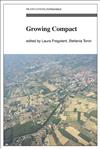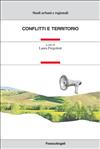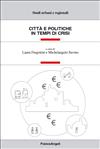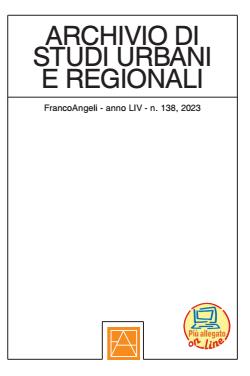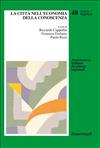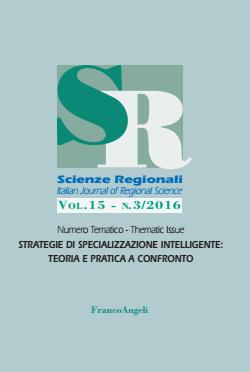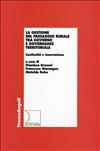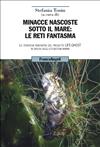
Le strategie innovative del progetto LIFE-GHOST in difesa degli ecosistemi marini
Ogni anno, nei mari e negli oceani di tutto il mondo, si perdono più di 640 mila tonnellate di reti da pesca, che rappresentano il 10% di tutti i rifiuti marini. Il volume intende avvicinare i lettori alla tematica delle reti e degli attrezzi da pesca persi o abbandonati sui fondali marini, della plastica in mare e delle conseguenze ambientali ed economiche che questi rifiuti hanno sulla biodiversità marina.
cod. 1810.2.58
